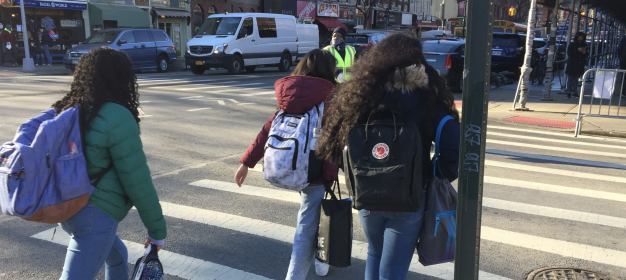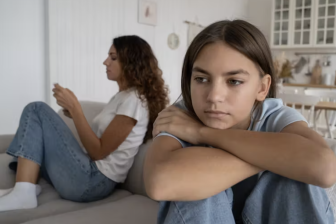
Children’s learning loss during COVID ‘must be recovered’ to avoid long-term damage
The damage caused by pandemic-enforced school closures to children’s learning and well-being will be ‘felt for decades to come’.
That’s the stark conclusion of education experts in a new report which says a Grade 3 (aged 8-9) child who has lost one year of schooling through the pandemic could lose up to three years of learning long-term.
Launched by the Global Education Evidence Advisory Panel (GEEAP), co-hosted by the UK’s Foreign, Commonwealth & Development Office, UNICEF Office of Research-Innocenti, and the World Bank, the report presents the very latest data on the impact of school closures on children across the world.
Prioritizing Learning During COVID-19 says the economic cost of lost learning will be ‘severe’ – one estimate calculates that around $17 trillion US dollars in lifetime earnings among today’s generation of schoolchildren will be lost if corrective action is not urgently taken.
Dr Abhijit Banerjee, who shared the 2019 economics Nobel Prize in part for his work in education, is one of 15 education experts from around the world who produced the report. He said: “Learning losses due to school closures are one of the biggest global threats to medium- and long-term recovery from COVID-19. The evidence tells us that schools need to reopen and be kept open as far as possible, and steps need to be taken in reintegrating children back into the school system.”
‘Evidence tells us that schools need to reopen and stay open’
Low- and middle-income countries and children from lower socioeconomic backgrounds have been the hardest hit. Schools have generally been closed for longer than in high-income countries, students have had less or no access to technology during school closures, and there has been less adaptation to the challenges of the crisis.
Kwame Akyeampong, panel co-chair, said: “While many other sectors have rebounded when lockdowns ease, the damage to children’s education is likely to reduce children’s wellbeing, including mental health, and productivity for decades, making education disruption one of the biggest threats to medium- and long-term recovery from COVID-19 unless governments act swiftly.”
There are four urgent recommendations:
- Prioritize keeping schools and preschools fully open: The large educational, economic, social, and mental health costs of school closures and the inadequacy of remote learning strategies as substitutes for in-person learning make it clear that school closures should be a last resort.
- Prioritize teachers for the COVID-19 vaccination, provide and use masks where assessed as appropriate, and improve ventilation: While not prerequisites to reopening schools, the risk of transmission in schools can be sharply reduced when a combined set of mitigating actions, such as using quality masks and ventilation, are taken.
- Adjust instruction to support the learning needs of children and focus on important foundational skills: It is critical to assess students’ learning levels as schools reopen. Targeting instruction tailored to a child’s learning level has been shown to be cost-effective at helping students catch up, including grouping children by level all day or part of the day.
- Governments must ensure teachers have adequate support to help children learn: Interventions that provide teachers with carefully structured and simple pedagogy programs have been found to cost-effectively increase literacy and numeracy, particularly when combined with accountability, feedback, and monitoring mechanisms.
Robert Jenkins, UNICEF’s director of education, said: “While schools must be the first to open as restrictions are lifted, recovering the loss that children have experienced requires far more than simply reopening classrooms. Schoolchildren need intensive support to get back on track, teachers need access to quality training and resources, and education systems need to be transformed.”




